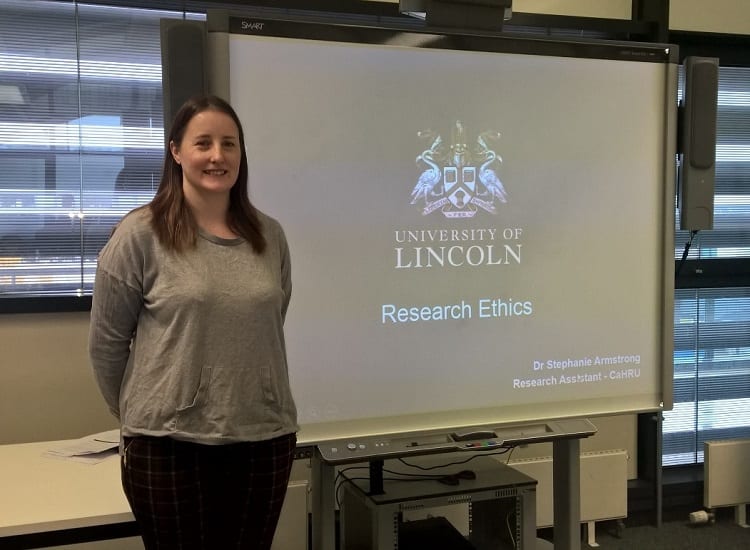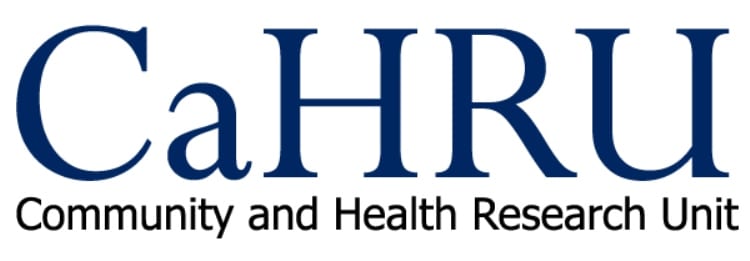Improvement Science and Research Methods seminar given by Professor Graham Law: The design of clinical trials: what do the names mean?

On 22nd November 2023 Professor Graham Law gave the November Seminar entitled: The design of Clinical Trials: What do the names mean? If you missed Graham’s talk, the link to the recording is below. You may have heard that Clinical Continue reading Improvement Science and Research Methods seminar given by Professor Graham Law: The design of clinical trials: what do the names mean?




